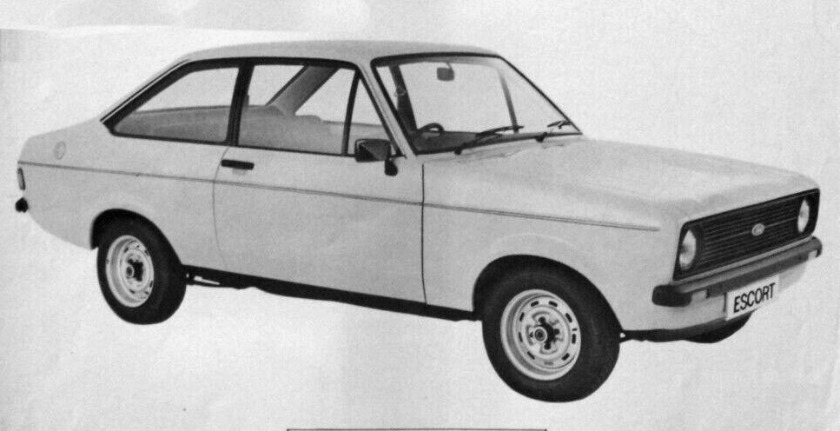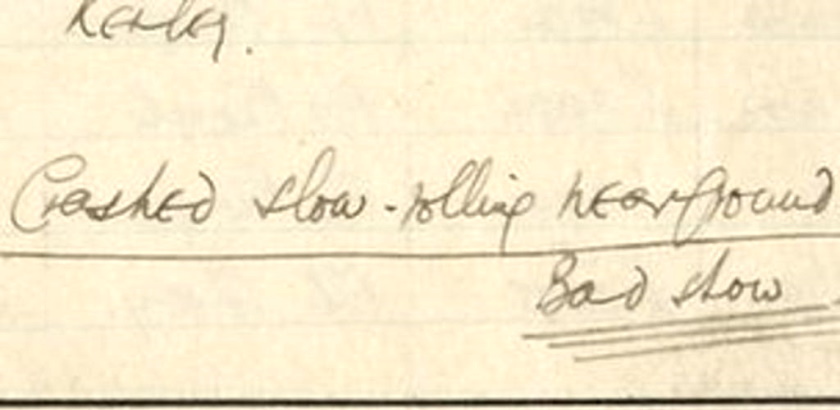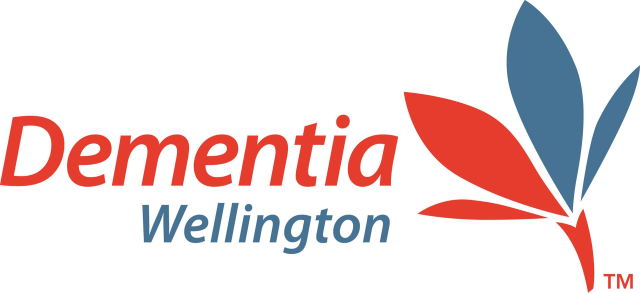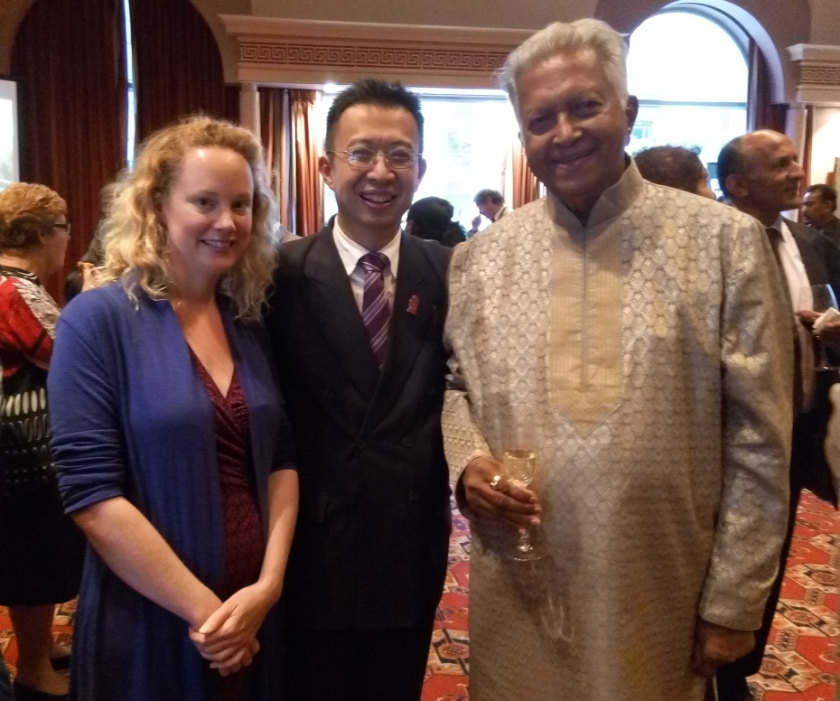This is about as personal as you’re going to ever read on this blog.
It’s written for whomever needs to read it now. I felt I had to put it out there. You know who you are.
When you lose your mum to cancer at 22, you feel a lot of emotions. Grief, for one. You think you feel loneliness but strangely you don’t. I do believe in an afterlife so I continued to feel connected to my mother. If you don’t believe in an afterlife, then you might say I believe I continue to feel a connection.
Being brought up Anglican, and having been a regular churchgoer around that time, you wonder if you can feel angry at God. God, who supposedly hears your prayers and that you’ve been a good person. That your mother was a good person. So why the **** didn’t He help her?
My father tried to comfort me by being philosophical. ‘Sometimes great men lose a parent early. Maybe you’re destined for something great.’ This is the “greater plan” theory, the “everything happens for a reason”. But at the same time over the next decades there would be, ‘If only your mother were here. [Insert misfortune] wouldn’t have happened.’
All I can say is things work out insofar as the human spirit keeps you moving, and you learn to process the grief and not let it consume you.
The first year is bloody hard and the first anniversary day is terrible.
You dream of alternative universes where she beat the cancer and comes home, and everything is OK once more. (She died at the hospice so we never fulfilled our last wish of bringing her home.)
Have I got answers after 29 years?
First, I don’t think people bring cancer or any illness on them.
Secondly, I do believe that the love you feel from a parent never dies and you continue to sense it, or carry it with you, after they are gone. I told one youngster, a friend’s son in the fourth form, that when he lost his mum to cancer that he’ll always feel her love with him. And I told his dad, who’s religious, that there’s one thing God allows to travel between heaven and earth: love.
Thirdly, why someone gets sick is down to a physical reason, be it malnourishment in childhood or exposure to chemicals—and my mother, being born into wartime, having survived a famine, and came into contact with chemicals during her nursing training, might have ticked all the boxes here.
Fourthly, even if you believe in God, He’s not going to perform miracles for everyone who prays to Him. It doesn’t matter how good you are, or how often you go to church. Philosophically, if God loves everyone equally, He’s not going to think more highly of one of His children above another—just as a human parent probably wouldn’t (you’d hope not). There are natural laws that were set in motion a long time ago.
Being angry at God or the church or anyone is futile. It wastes your own energy. Shit happens and it’s up to you what you make of the situation.
Maybe cancer deaths inspire someone to look at a cancer cure. Or to get us to raise funds for one.
Or to reach across cultures and understand what treatments are given by different people—not the doubting Thomases who looked at our Chinese ways as some sort of oddball, primitive BS. (At least our tonic cleared one of the cancers and returned Mum’s blood tests to normal before she passed.)
We each have our own way of moving forward, to make a death mean something.
As I type this, I’m reminded of a book I didn’t get: The Lettering Book, which came up in the Lucky Book Club in 1979. It was NZ$4·99, an amount which I knew my parents couldn’t easily afford. So I didn’t ask for it, even though by this point I knew I loved type.
I envied my classmates who had the book and were tracing the characters out of it.
But with hindsight, not having it led me to create my own typeface designs in my head. It also forced me to memorize the shapes in the book and to see what things were set in. How Helvetica (a name that I learned from the book) and Univers differed.
So what does not having a parent around from 22 do?
I’m not sure but maybe it did inspire me.
I didn’t do cancer charity fun runs or anything like that, though later I did support CanTeen.
I was trying to finish up uni and holding myself together for me and my dad. Trying to not be a zombie even though my weight had dropped to 8½ stone dealing with everything. I went to a movie with some friends and was numb. It wasn’t down to Sylvester Stallone’s acting. I then got chicken pox as an adult. My system had been through the wringer but not as much as my mum’s.
Mostly I tried to carry on with things that were set in motion during my mother’s lifetime. You might say I’ve continued through life doing just that. There’s still a part of me trying to make her proud.
I tried to be the man that my mother wanted me to grow up to be—and that includes being able to cook for my family because she never believed it to be exclusively “women’s work”.
You be the judge of whether all I’ve achieved so far has been good or not. I can’t take a step back to see.
But what I did I did with love and support and half my genes from my mother and the other half from my father.
The skills I have are in no small part down to her.
My maternal grandmother taught me to count and my mother taught me maths and spelling. My father taught me a love of English, economics and politics.
He also taught me that there is meaning in the sacrifice you make for your partner or spouse.
I am also trying to be the man that my father wanted me to be and he lived by example.
The ultimate lesson is that family comes first, no matter what.







Thank you for sharing this, Jack. I do think a lot of people are going to find it very helpful after their own losses. I also struggled mightily with faith after losing the best man I ever met to cancer and watching my own mother deal with breast cancer– in the context of knowing what cancer research is really like.
I’m glad you were able to write this and that you can remember your mother with such love. She would be very proud of you.
Thank you for taking the time to read my post, Mary, and for your kind words. I am so sorry for your loss. I was so angry at the time to see conventional minds be so dismissive of someone else’s methods: at least we were trying to do something and not giving up. God bless you for your book and I hope word gets out further. We live in a world of so much avarice that certain corporations and institutions place human life second, or even lower.
It’s a tough topic to deal with, no matter when it happens. Dad passed away on Father’s Day in 2002; Mom passed away on my birthday in 2021. I was with both of them when it happened; with Mom, it was just the two of us.
I’m not religious in any way, so I dealt with both of them passing in different ways. I felt like I helped little when it came to Dad; I know I did everything I could when it came to Mom. With Dad, I was depressed for almost 3 years. With Mom I was angry at the nursing home, and myself for having shoulder surgery months before, which meant I wasn’t allowed to take care of her on my own and she was placed in a nursing home… then another one for a while until I broke her out of it.
We deal with these things as best we can. I’m still not totally fine with Mom being gone, but I have to do what I can to stay alive and keep pushing forward. I owe it to her and Dad because both did everything they could to convince me that I could and would be successful. Now it’s time to live up to it; I hope I can achieve that.
Thank you for sharing your story, Mitch. I was angry at the hospice for a while, and at one of my dad’s rest homes, not to mention the misdiagnoses along the way. You are right: we try to deal with their passings as best as we can. You are doing your parents proud, from what I can see, and succeeding. You are living proof of their encouragement and love, and I can think of no better way to honour their memories than by your continued work and your support of others.